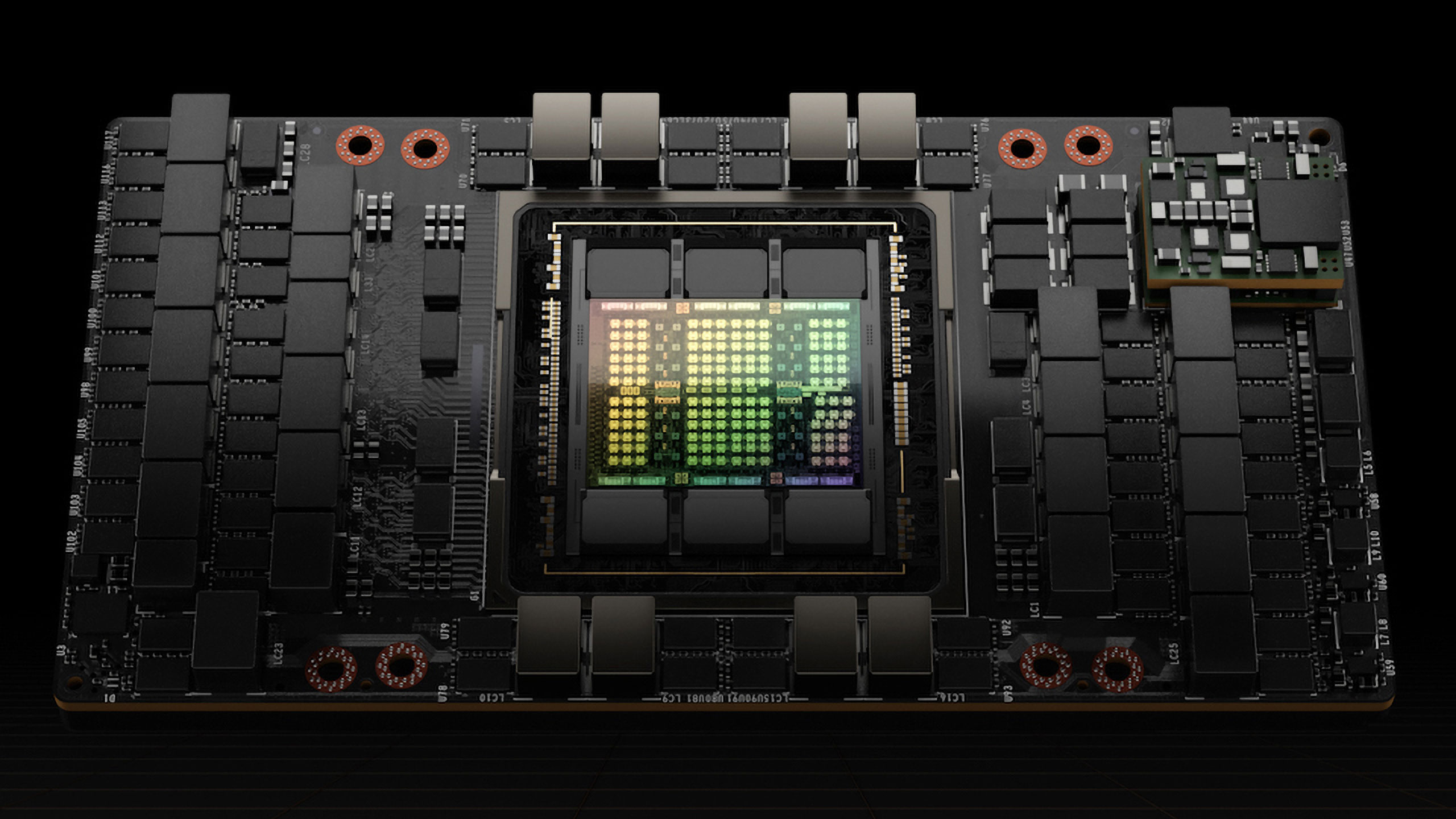Chinese military institutions, state-run artificial intelligence (AI) research centers, and universities have been purchasing Nvidia’s AI and HPC GPUs, including the A100 and H100, despite U.S. export curbs to sell these products to Chinese entities, reportsReuters. These transactions highlight the challenge the U.S. faces in fully restricting China’s access to advanced processors that could enhance its AI and military capabilities.
The U.S. imposed bans on the exports of Nvidia’s A100 and H100 chips to China and Hong Kong in September 2022, which lead to Nvidia designing A800 and H800 models tailored for Chinese market (in October 2023, the U.S. government restricted shipments of both A800 and H800 to China). Despite this, dozens of Chinese entities continued to acquire A100 and H100, according to the publicly available tender documents,Reutersclaims. The review of these transactions shows that more than 100 tenders involved the procurement of A100 chips, and several tenders since the October ban included purchases of the A800 model. Most of these tenders require delivery and installation prerequisites before payment, ensuring the completion of these transactions.

The buyers of these processors include prestigious Chinese universities and entities with potential military connections. Notably, the Harbin Institute of Technology and the University of Electronic Science and Technology of China, both subject to U.S. export restrictions, purchased Nvidia’s AI and HPC GPUs. The Harbin Institute bought six A100 processors in May for training a large language model, while the University of Electronic Science and Technology of China bought one A100 compute GPU in December 2022, though its intended use was not specified. In addition, Tsinghua University have been active in acquiring these chips, with about 80 A100 chips purchased since the 2022 ban.
The supply chain for these Nvidia chips in China is not exactly clear. Neither Nvidia nor its authorized resellers were identified as the suppliers of high-performance AI and HPC GPUs to Chinese entities for obvious reasons. Chinese vendors allegedly acquire excess stock from large shipments to U.S. companies or import them through companies in countries like India, Taiwan, and Singapore.

Nvidia has stated its compliance with all applicable export control laws and expects its customers to adhere to the same standards. The company has declared its readiness to take action if it learns of any unlawful resale of its products. Meanwhile, the U.S. Department of Commerce has not commented on the issue, but DoC’s spokespeople said publicly multiple times that the U.S. government is committed to closing loopholes in the export restrictions.
Chris Miller, a professor at Tufts University and author of “Chip War: The Fight for the World’s Most Critical Technology,” commented on the situation. He noted the impracticality of completely preventing chip exports due to their small size and ease of smuggling. The U.S. strategy, according to Miller, is not to completely block China’s access to these chips but to hinder the development of its AI capabilities by making it difficult to build large clusters based on advanced processors.
Get Tom’s Hardware’s best news and in-depth reviews, straight to your inbox.
Anton Shilov is a contributing writer at Tom’s Hardware. Over the past couple of decades, he has covered everything from CPUs and GPUs to supercomputers and from modern process technologies and latest fab tools to high-tech industry trends.